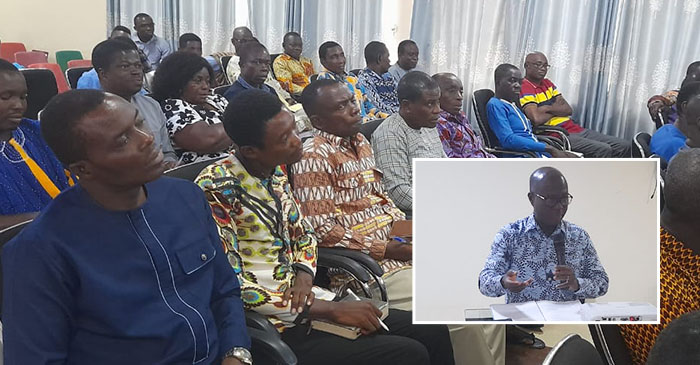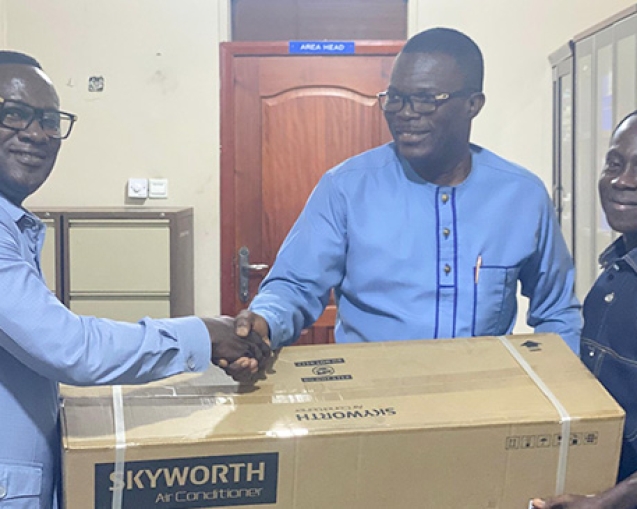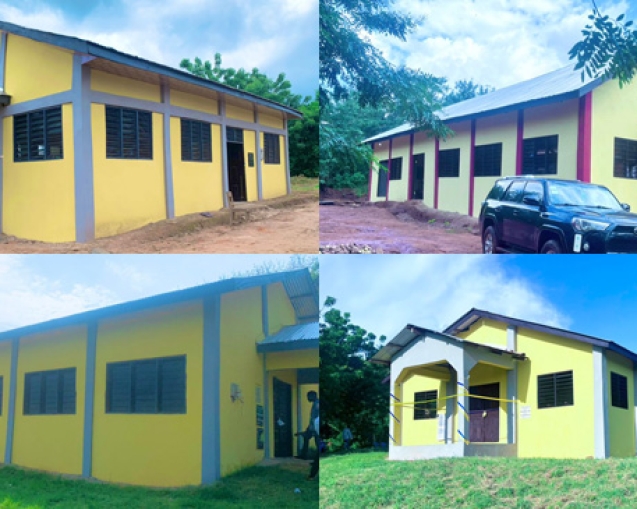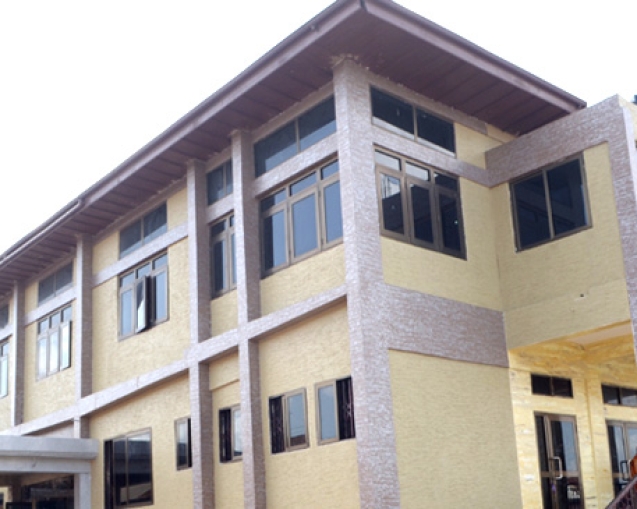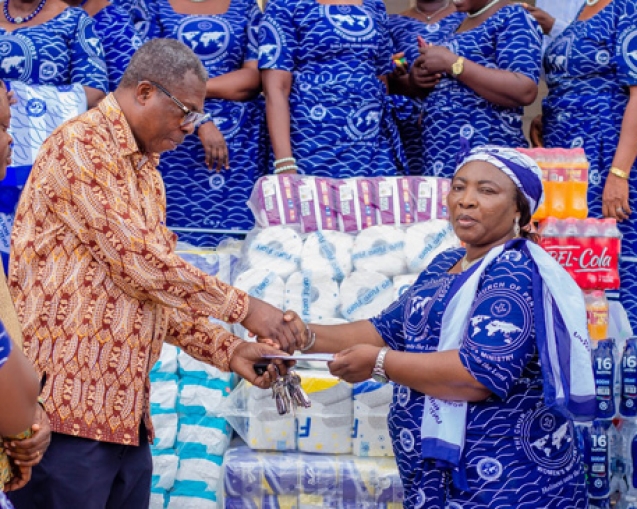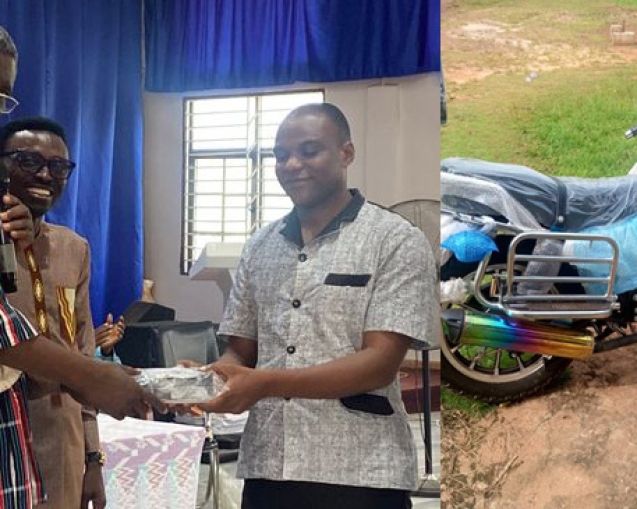The Church of Pentecost Counselling Ministry (COPCOM) has organised a three-day training programme for Prayer Centre Counselors.
The event was held at the Pentecost Convention Centre (PCC), Brofoyedru in Kumasi from Wednesday, 13th, to Friday, 15th September 2023.
The three-member COPCOM team led by Apostle Dr. Philip Osei-Korsah (COPCOM Director) also included Pastor Dr. Ebenezer Tetteh Kpalam (National Executive Committee Member of COPCOM) and Pastor John Nyarko Akyirem (Nkwanta Area COPCOM Leader).
Apostle Dr. Philip Osei-Korsah, in his opening address, congratulated the participants for allowing themselves to be used by God in preparing the “bride” (believers) for her “groom” (Jesus).
He explained that the purpose of the training was to help them acquaint themselves with the needed basic knowledge to enable them to function well as counselors at their various prayer centers.
Speaking on the Basic Principles of Counselling, the COPCOM Director admonished participants not to assume the role of “the Messiah” but make time for their personal growth.
He touched on Christian Counselling, noting that they should do well to emulate Jesus’ style of counselling, thus being thorough, having compassion, accepting people as they are, changing the thinking of those who visit their facilities, and the like.
He encouraged them to disciple those who visit their centres for God and His Church as they seek to address their needs.
Apostle Dr. Osei-Korsah also urged participants to keep all information they have on their clients confidential unless the client is at risk of causing harm to him or herself or to someone else or they are working under supervision when they have to report to the Camp Leader.
“Even with that, names should not be mentioned,” he added.
Presenting on the topic “Introduction to Mental Health and the Role of Religion and Christian Spirituality in Mental Health,” Pastor Dr. Ebenezer Tetteh Kpalam said reports indicate that almost 50% of those seeking help with mental health issues turn first to ministers, especially Prayer Camp Leaders and Counselors, and because of this, Leaders of these centers need to be braced up with how to handle these issues.
He advised participants to desist from making statements such as “This sickness is not hospital sickness,” “This sickness is not physical or spiritual.” Rather, they should employ a collaborative method of handling all mental illness issues that people visit them with.
This, he said, they should liaise with mental health professionals in their communities to assist them.
On the Relevant Legal Framework of Mental Health and Counselling in Ghana, Pastor Dr. Kpalam stressed that Ghana’s 2012 Mental Health Act provides that people with psychosocial disabilities “shall not be subjected to torture, cruelty, forced labor, and any other inhuman treatment.”
He added that prayer camps found exposing such persons to abuses such as shackling, caging, flogging, force fasting, and the like could, therefore, be persecuted.
On record keeping, participants were admonished to take this seriously as it serves the following purposes: Standard of Care, Basis for Communicating with one’s client, Desirable Defense Against Litigation, and Ethical and Legal Ramifications.
A template for basic record-keeping was made available for participants.
Other topics treated at the event were: The Role of Religion and Christian Spirituality in Mental Health, Group Therapy and Counselling, as well as Networking and Referral System.
In all, 43 participants drawn from the various Areas took part in the training programme, with two of them being ministers who have prayer centers within their district.
Report by COPCOM Media Team.






